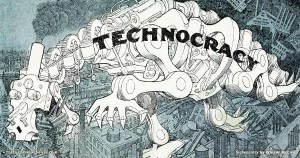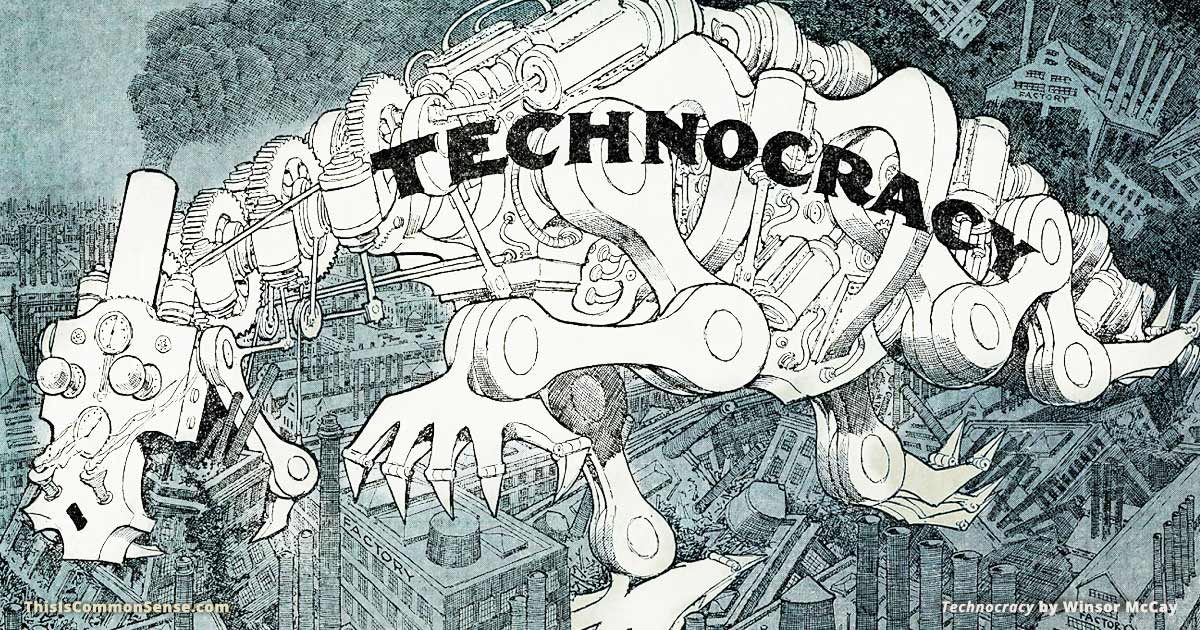On Sunday, at Townhall, I addressed the whining attacks on referendums and “democracy” that followed the Brexit referendum.
The most outrageous? A broadside from Jason Brennan.
“To have even a rudimentary sense of the pros and cons of Brexit,” argues this Robert J. and Elizabeth Flanagan Family Associate Professor of Strategy, Economics, Ethics, and Public Policy at the McDonough School of Business at Georgetown University, “a person would need to possess tremendous social scientific knowledge. One would need to know about the economics and sociology of trade and immigration, the politics of centralized regulation, and the history of nationalist movements.”
In other words, most Brits needn’t worry their pretty little heads about deciding their future; experts have everything under control.
Brennan has a new book coming out, Against Democracy, wherein he posits that we need “a new system of government — epistocracy, the rule of the knowledgeable.”
Sound familiar? ’Tis the old Platonic whine in new wineskins.
This Philosopher King is necessary, you see, because citizens don’t posses the advanced degrees to judge whether Brennan is right or wrong. We can’t even find a Holiday Inn Express in the phonebook. Or a phonebook.
Nonetheless, why not consult other known knowers?
The late William F. Buckley, Jr., well-educated and well-spoken on political matters, once declared that he would “rather entrust the government of the United States to the first 400 people listed in the Boston telephone directory, than to the faculty of Harvard University.”
“Incestuous, homogeneous fiefdoms of self-proclaimed expertise are always rank-closing and mutually self-defending, above all else,” warned journalist Glenn Greenwald, an expert on such hooey.
“I know no safe depositary of the ultimate powers of the society but the people themselves,” wrote Thomas Jefferson, “and if we think them not enlightened enough to exercise their control with a wholesome discretion, the remedy is not to take it from them, but to inform their discretion by education.”
Most decisions in a free society are thankfully made by individuals (not voters, bureaucrats, or academics) about their own lives.
But when legitimate decisions of governance must be made, I’ll take democracy over rule by experts.
This is Common Sense. I’m Paul Jacob.

